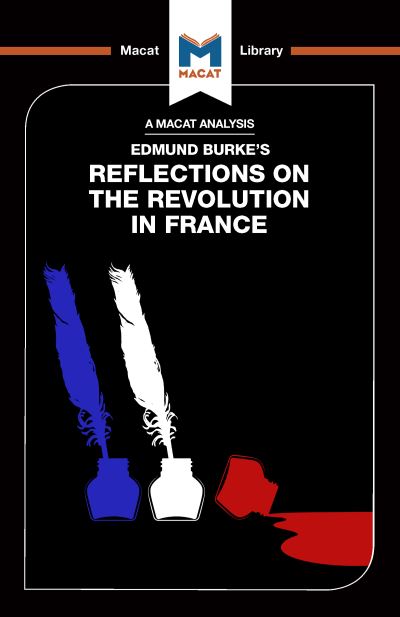
Edmund Burke's 1791 Reflections on the Revolution in France is a strong example of how the thinking skills of analysis and reasoning can support even the most rhetorical of arguments. Often cited as the foundational work of modern conservative political thought, Burke's Reflections is a sustained argument against the French Revolution. Though Burke is in many ways not interested in rational close analysis of the arguments in favour of the revolution, he points out a crucial flaw in revolutionary thought, upon which he builds his argument. For Burke, that flaw was the sheer threat that revolution poses to life, property and society. Sceptical about the utopian urge to utterly reconstruct society in line with rational principles, Burke argued strongly for conservative progress: a continual slow refinement of government and political theory, which could move forward without completely overturning the old structures of state and society. Old state institutions, he reasoned, might not be perfect, but they work well enough to keep things ticking along. Any change made to improve them, therefore, should be slow, not revolutionary. While Burke's arguments are deliberately not reasoned in the 'rational' style of those who supported the revolution, they show persuasive reasoning at its very best.
| ISBN: | 9781912303182 |
| Publication date: | 15th July 2017 |
| Author: | Riley Quinn |
| Publisher: | Routledge an imprint of Macat Library |
| Format: | Hardback |
| Pagination: | 102 pages |
| Series: | The Macat Library |
| Genres: |
Psychology Study and learning skills: general Political science and theory Literary theory History Philosophy |